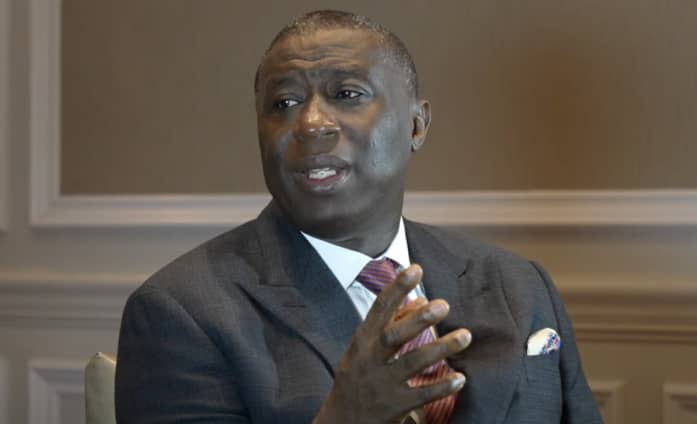
Patrick Boamah calls for Africa's financial independence, Ghana's self-reliance
The former Chairman of Ghana’s Parliamentary Finance Committee and Member of Parliament for Okaikwei Central, Patrick Yaw Boamah has urged the nation to pivot from its reliance on imports and foreign aid toward a robust, self-sustaining industrial base.
In a statement copied to GraphicOnline, Mr Boamah underscored the urgent need to bolster local industries, particularly in pharmaceuticals, agro-processing, and textiles, to curb imports, boost exports, and fortify Ghana’s economy.
His remarks come at a critical juncture for Ghana, a nation grappling with economic vulnerabilities exacerbated by its dependence on foreign goods and support schemes like the African Growth and Opportunity Act (agoa).
While acknowledging the benefits of agoa, which grants preferential trade access to the United States for eligible African nations, the Okaikwei Central MP and former Chairman of the Finance Committee of Parliament cautioned against viewing it as a long-term crutch.
“An extension of agoa is welcome, but it cannot be indefinite,” he asserted. “We must wean ourselves from these policies and take deliberate steps to strengthen our own economic foundation.”
Central to Boamah’s vision is the development of competitive local industries capable of driving job creation and generating foreign exchange. He argued that Ghana’s economic aspirations—sustained growth, reduced unemployment, and global market relevance—hinge on the nation’s ability to produce rather than consume. “We cannot afford to sit back and be spoon-fed,” he said. “The time for strategic action is now.”
Reflecting on government initiatives, Boamah defended the One District, One Factory program, a flagship policy aimed at establishing industrial enterprises across Ghana’s districts. Despite criticisms and implementation challenges, he maintained that such efforts are vital to building local capacity. “Without bold steps to industrialize, the job creation we’ve been promising will remain an illusion,” he warned.
Boamah highlighted several sectors ripe for investment, emphasizing their potential to transform Ghana’s economic landscape. In pharmaceuticals, he pointed to local companies like Tobinco, Ernest Chemist, and Kinapharma as candidates for greater support to produce medicines domestically, reducing reliance on costly imports. The textile industry, he noted, holds untapped potential to generate significant revenue through exports, provided it receives adequate investment. Agro-processing also featured prominently in his remarks, with Mr Boamah urging the government to prioritize agribusiness as a cornerstone of economic diversification.
However, Mr Boamah was clear that rhetoric alone will not suffice. He called for substantial financial commitments to these sectors, arguing that meaningful progress requires more than promises. “If we want to compete in global markets with our crops and products, we must be prepared to invest heavily in their growth,” he said.
This, he stressed, demands not only funding but also strategic planning and unwavering political will.
He painted a vivid picture of a Ghana unshackled from dependency, poised to chart its own economic destiny.
“We cannot wait another twenty years, banking on agoa or external aid strategic thinking, real investment, and strong leadership are what will propel us forward," he stated.